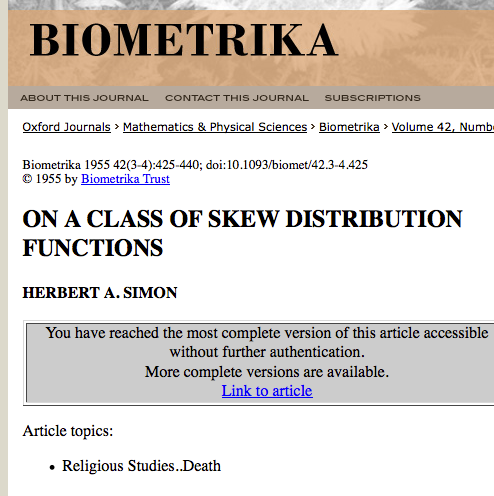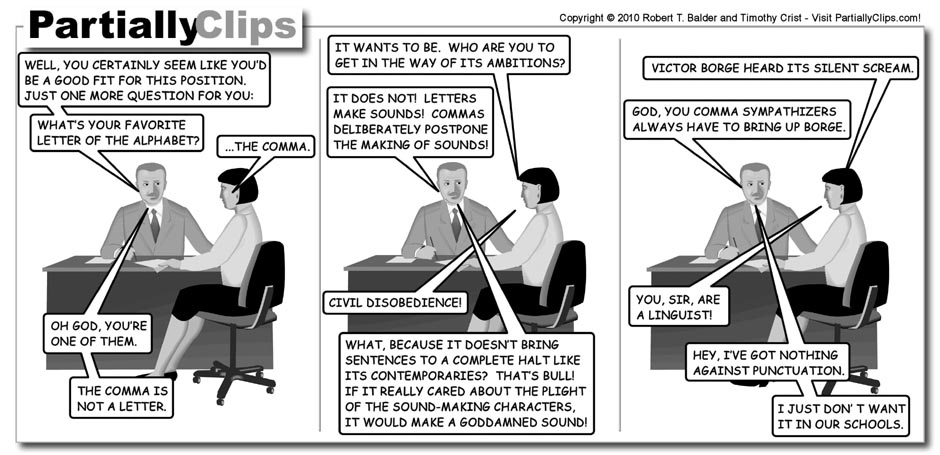Annals of [having sex] [feces]
Reader NG sent email to note an innovative method of taboo-vocabulary avoidance, deployed by Lisa de Moraes or her editors in "'Sons of Anarchy' cast has a few bleepin' words for Emmy voters", Washington Post 8/4/2010. The story to be covered includes a July 8 Facebook entry by Kurt Sutter, "We don't like your kind", which de Moraes characterizes as "perhaps the best response-from-the-creative-community-on-Emmy-nomination-day in history".
Sutter writes, produces, and acts in Sons of Anarchy, a series on FX about an outlaw motorcycle gang in northern California, and it bothered him that the show didn't get any Emmy nominations. The problem for de Moraes and the Post was that Sutter's response included one example of what the FCC once called "an … expletive to emphasize an exclamation".
Read the rest of this entry »




